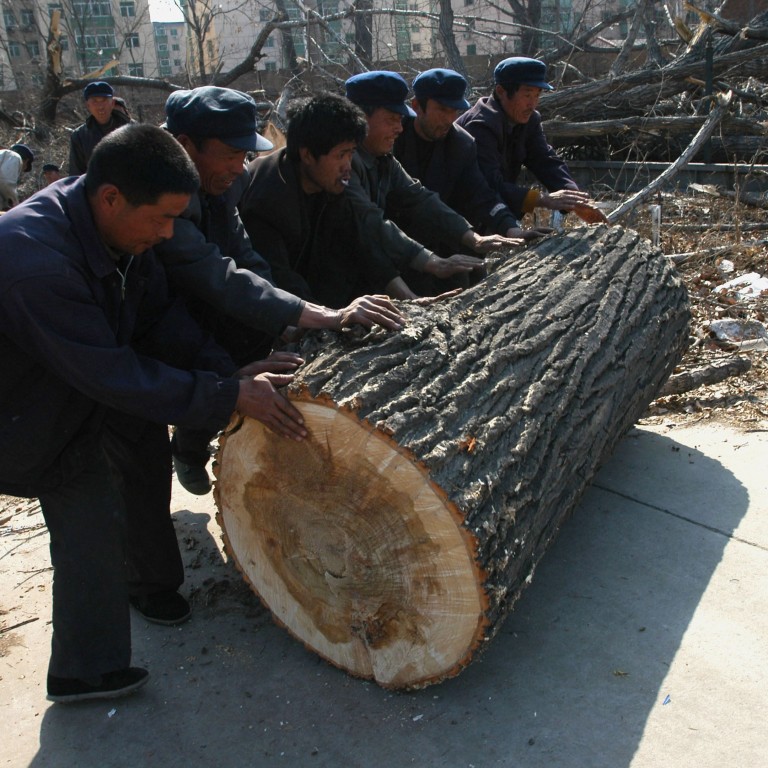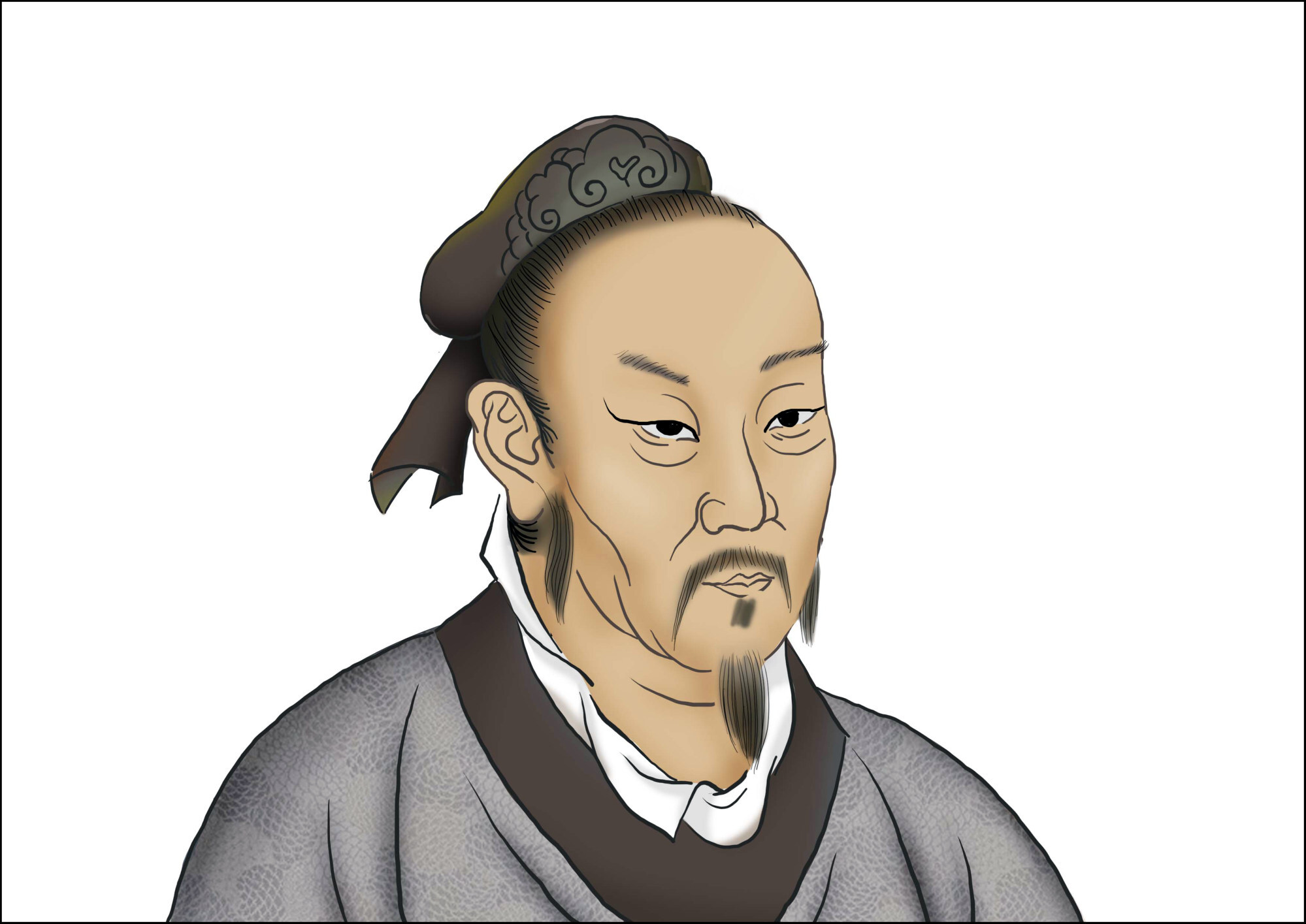
China was a sustainability pioneer, learning early that human exploitation of nature should be synchronised with nature’s cycle
- During the Zhou dynasty, trees were felled according to seasons and laws forbade hunters from killing the young of wild animals
- Feudal ruler Duke Xuan was famously remonstrated with by a senior official for trying to catch fish when they were spawning
One can be forgiven for wanting to give up saving the world. We try our best to sort out our rubbish, to reuse and recycle, to live a sustainable lifestyle, to stop using plastic straws, and so on, only to be told that individual efforts have a negligible impact on halting environmental degradation. If nations and industries are not willing to do more, then all the things we do as individuals come to naught.
The ancient and precocious Chinese civilisation learned and applied the concept of ecological sustainability at an early stage in human history. The first writings on the subject, and the first state-level bodies whose function was to manage the exploitation of nature’s largesse, date back to more than two-and-a-half millennia ago, during the Zhou dynasty (circa 1046-256BC). They were the products of human experience and wisdom that had been accumulated in the centuries, perhaps even millennia, before.
The philosophical underpinning of the practices and regulations to safeguard sustainability was the idea that nature moved in a cycle, and human exploitation of nature’s bounty had to be synchronised with this cycle. The great philosopher Mengzi (372-289BC), also known in the west as Mencius, is recorded as saying: “If the axes enter the hills and forests only at the proper time, there will be more wood than we can ever use.”
There was a “proper time” to fell trees, and to hunt or trap animals. A middle-level office in the Zhou bureaucracy called the Shan Yu, or supervisor of forestry and hunting, ensured that the people did just that.

During winter, only the trees growing on the southern slopes of the mountains could be cut down, while trees on the northern slopes were reserved for summer felling. There were also laws that forbade hunters from killing the young of wild animals and foragers from collecting the eggs of undomesticated birds.
These regulations were implemented to ensure that the flora and fauna could replenish themselves naturally, hence providing a renewable and sustainable source of natural produce for the human population. Even rulers were not supposed to be exempted from these regulations.
When Han Chinese were the despised bottom class of their own country
Duke Xuan, who ruled the feudal state of Lu from 608 to 591BC, lowered his nets into the pond one summer, when the fish were spawning. On seeing this, a senior official, Li Ge, had the fishing nets cut and remonstrated with the duke: one must not catch fish during this crucial period of their reproductive cycle, just as one must not cut tree saplings down, so that all things could multiply and renew themselves. The people of the state had to obey these rules; the ruler should do the same.
The chastised Duke Xuan was happy that he had an upright and fearless steward in Li Ge, who corrected him when he made a mistake.
The system put in place during the 800-year Zhou period laid the foundations for subsequent dynasties in their efforts to manage the natural environment. On occasions when nature was mismanaged, and there were many during China’s history, the results were often catastrophic, precipitating armed rebellions and even regime changes that caused even more suffering for ordinary people.











